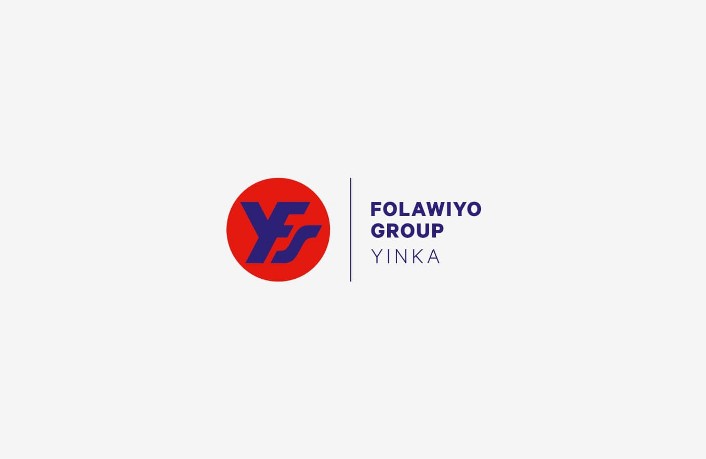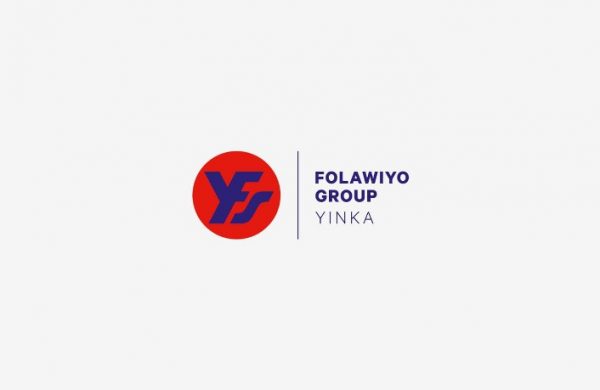The Yinka Folawiyo Group is one of Nigeria’s long-lived conglomerates. Known for its involvement in the energy sector, it has operated in diverse industries for over fifty years. It owes its longevity to its ability to move with the predominant interests of the time, in line with the evolution of the local economy.
Younger Nigerians may be more conversant with the Yinka Folawiyo Group for its crude oil production activity off the coast of Lagos, in what is the first oil field to yield the product for commercial purposes in the country outside of the Niger Delta. But long before this, the company had already made its mark in the distribution of petroleum products, as well as in agriculture, real estate, and shipping.
The First Decades of a Dynasty
The history of this business empire dates back to the 1950s when it was set up by Abdulwahab (Long before crude oil production, the Yinka Folawiyo Group had already made its mark in the distribution of petroleum products, as well as in agriculture, real estate, and shipping., the man whose name it bears. Folawiyo had always hung around big business; his father was a successful entrepreneur, fairly well known among the business elite of Lagos. He did benefit from his privileged background; his education at the University of North London was one advantage it conferred him.
Yet, he was keen on making a legacy for himself, outside of the wealth of his forbears. After two years of training with the United Africa Company (UAC), he joined the Socony Vacom Oil Company (now Mobil Oil), where he worked for a few more years. He set up his own oil company, Yinka Folawiyo and Sons, in 1957.
Wahab Folawiyo soon formed ties with Eastern European trading interests. Following a visit to the region in 1958, he began importing sugar, fertilizers, and cement from the USSR, Bulgaria, and Romania. As time went on, the company’s list of imports expanded to include dairy products, frozen fish, and rice.
By 1967, Folawiyo started another firm, the Maritime Associates International, to help ship local produce to foreign markets. It came on the scene at a time when Nigeria’s maritime industry was dominated by foreign agents. A full-fledged shipping company, the Nigerian Green Lines was established in 1972; three years later, a liner service was launched to carry cargo between Nigeria and Europe.
The 1970s were a boom period for shipping. At its height, Folawiyo’s shipping concerns had a fleet of several vessels with a total deadweight exceeding 87,000 tons. The Nigerian Green Lines was even accorded the status of national carrier by the Federal Government at the time.
The Folawiyo Group also began some of its other businesses in the same decade. Its real estate company, United Property Developers, was founded in 1971 to take care of the growing need for housing in Lagos. Later, an integrated farming complex, the Folawiyo Farms, was established in Ilora, Oyo State.
Find our comprehensive listings of businesses in Nigeria
Transiting into Contemporary Times
The difficult economic conditions of the late 1980s and 1990s caused the group to reorganize its portfolios. Greater attention began to be paid to the energy sector. Yinka Folawiyo Petroleum was incorporated in 1982 and granted an oil prospecting license a decade later.
By the turn of the millennium, when conditions began to improve, it was already in prime position to take advantage. In 2016, it announced that it had begun producing crude oil at the Aje Oil Field, the first haul of the product to be collected in the country from outside the Niger Delta.
At this point, the Yinka Folawiyo Group had long passed into the charge of Tijani Babatunde Folawiyo, Yinka’s son. Under his watch, the family business has strengthened. Enyo Retail and Supply, its petroleum marketing arm, had expanded, as had Folawiyo Energy, its storage and distribution unit for refined petroleum products, based in Lagos.
The conglomerate’s farming concerns have carried on as well. It currently distributes large amounts of fresh eggs and frozen chickens across the country.
Featured image source: Energy Mix Report
Did you find this article useful? Contact us via [email protected]


